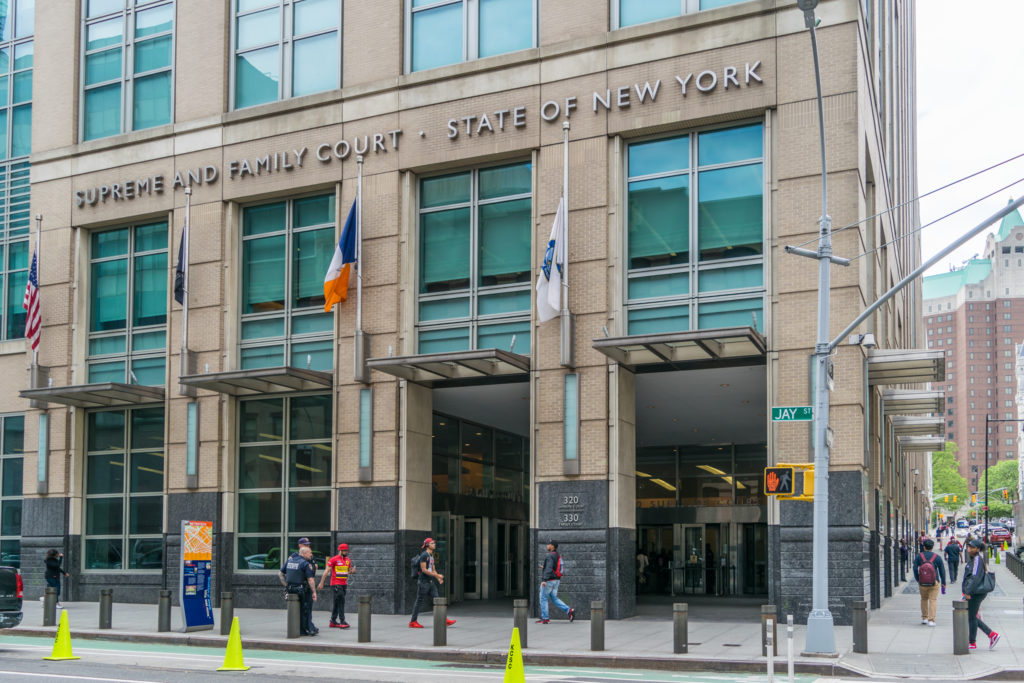Commission to Reimagine Future of NY’s Courts Issues Two New Reports

The Commission to Reimagine the Future of New York’s Courts today released two new reports: one focusing on the ways in which emerging technologies may be applied to improve trial practice in New York amid the pandemic and beyond; and the other providing a roadmap for developing procedures to ensure that evidentiary proceedings are conducted safely, effectively and fairly throughout the public health crisis and into the future.
Appointed last year by Chief Judge Janet DiFiore to study regulatory, technological, structural and other innovations and propose practical short- and long-range reforms, the Commission, led by former New York State Bar Association President Henry M. Greenberg, comprises six working groups: trials, appellate practice; online courts;
regulatory innovations; structural innovations; and technology.
Today’s reports were produced by the Commission’s Trials Working Group, chaired by New York Court of Appeals Associate Judge Michael J. Garcia and Robert J. Giuffra, Jr., partner and vice-chair of Sullivan & Cromwell LLP; and a future trials subgroup, led by Richard A. Edlin, vice-chair of GreenbergTraurig.

Brooklyn Boro
View MoreNew York City’s most populous borough, Brooklyn, is home to nearly 2.6 million residents. If Brooklyn were an independent city it would be the fourth largest city in the United States. While Brooklyn has become the epitome of ‘cool and hip’ in recent years, for those that were born here, raised families here and improved communities over the years, Brooklyn has never been ‘uncool’.